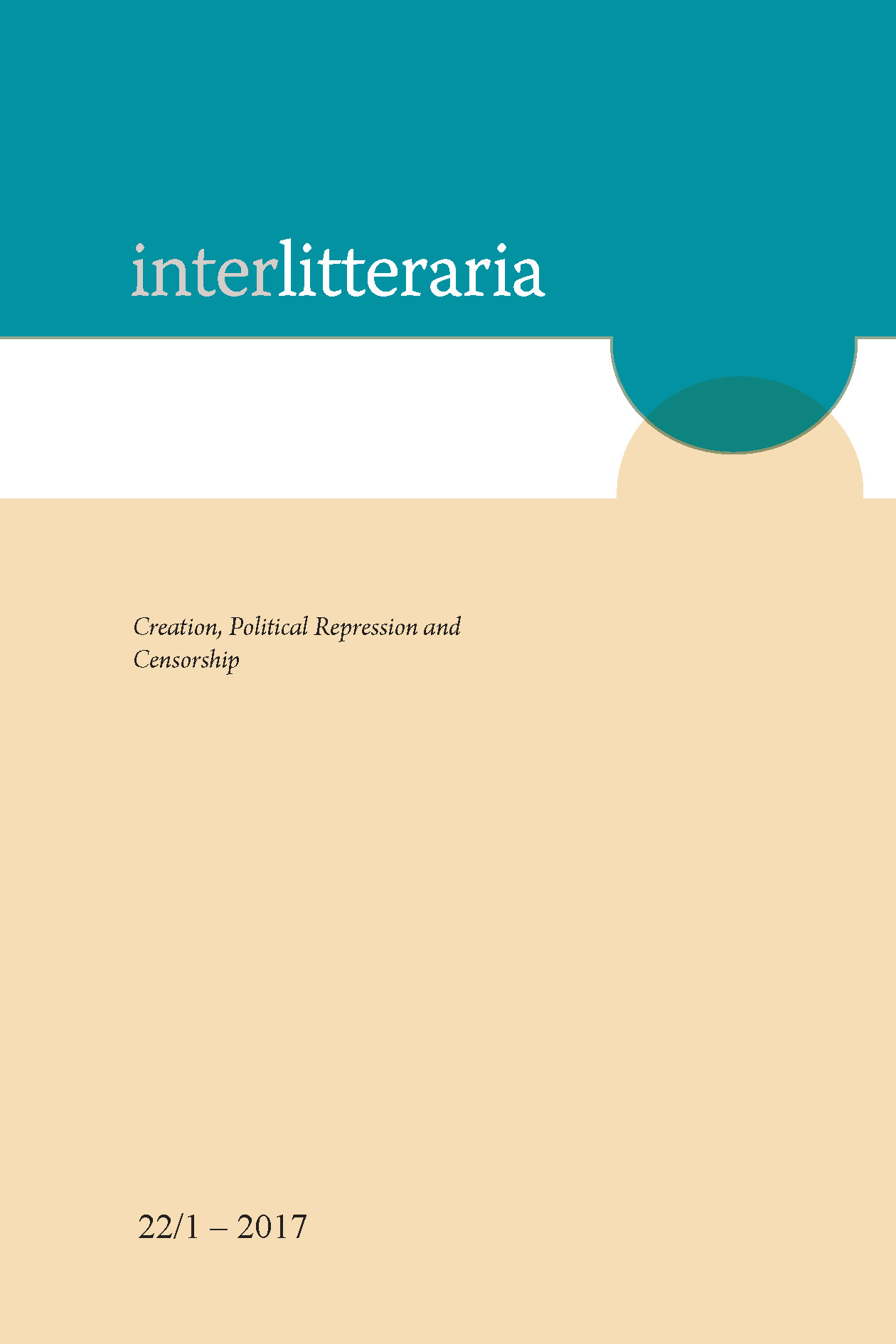Representaciones escénicas contra la opresión dictatorial: <i>Teatro Abierto</i>
DOI:
https://doi.org/10.12697/IL.2017.22.1.11Keywords:
Argentina, theater, censorship, dictatorship, Teatro AbiertoAbstract
Abstract. Stage Performances Against Dictatorial Oppression: Teatro Abierto. Censorship is one of the best known mechanisms for social submission and repression. The thorough control of critical thinking outside institutional norms and the obstacles posed to the creative freedom of artists have decisively affected those countries that lived under authoritarian govern ments or dictatorships. Censor mechanisms vary in each context and affect each artistic expression differently. This paper aims to explore how censorship affects theater, especially with regard to its dialogic nature, in the relationship between dramatic texts and their staging, as well as its incidence on the creative process of playwrights and the reception of audiences. For this purpose, the study will focus on one of the most repressive contexts in the history of Argentina, that of the last military dictatorship, the self-called National Reorganization Process (1976–1983). During those violent years marked by strict state censorship, a unique theatrical event emerged to face oppression from the stage: Teatro Abierto (‘Open Theater’, 1981–1985). In its first and more rebellious season in 1981, the theater festival gathered diverse artists (playwrights, directors, actors, set designers…) to work together in twenty plays to respond to the censorship with art. The plays began on 28 June at the Teatro del Picadero in Buenos Aires; soon after, the regime understood the social impact of this event. As a consequence, the Teatro del Picadero burned down eight days after the festival had started. However, thanks to social and intellectual support, this was not to be the end of Teatro Abierto; on the contrary, the festival continued with renewed strength at the Teatro Tabaris until September and in subsequent festival seasons. In order to observe the artists’ thoughts on censorship and its impact on the scene, we will consider two texts of Teatro Abierto from the season of 1981: Lobo… ¿estás? by Pacho O’Donnell and Desconcierto by Diana Raznovich.Downloads
Download data is not yet available.
Downloads
Published
2017-09-07
Issue
Section
Articles
License
The contents of Interlitteraria are published under CC BY-NC-ND licence.


